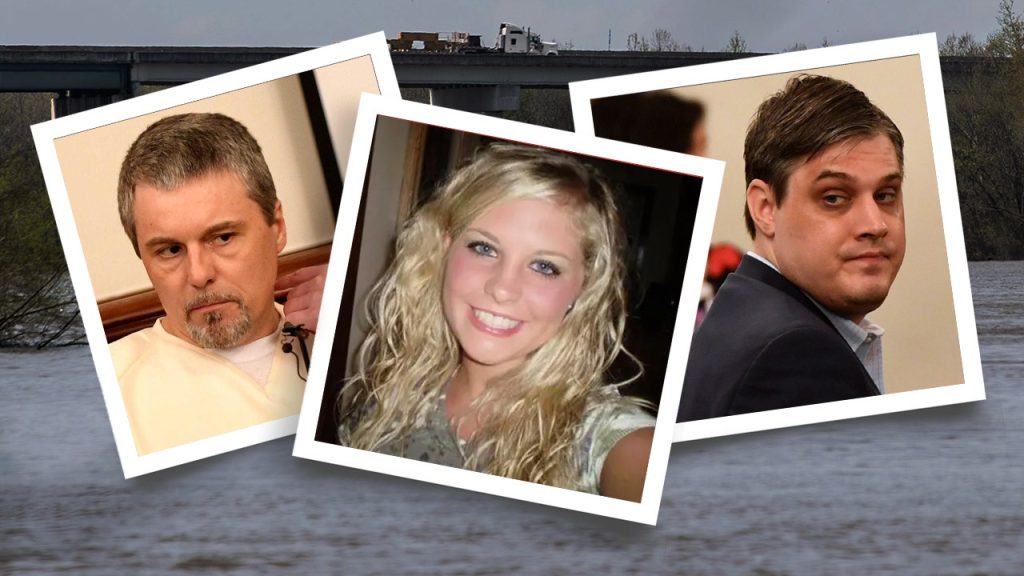The Holly Bobo Case: A Conviction Under Scrutiny
Nearly a decade after Zachary Adams was convicted of the kidnapping, rape, and murder of Tennessee nursing student Holly Bobo, significant questions have emerged about the reliability of the testimony that led to his life sentence. The case, which captivated and horrified a community, is now the subject of renewed legal scrutiny as Adams’ defense team seeks a new trial based on a key witness’s admission that he fabricated his testimony. This development has reopened wounds in a case that has already seen its share of tragedy and controversy, raising profound questions about justice and the reliability of witness testimony in high-profile murder cases.
Holly Bobo’s disappearance in 2011 from her rural Tennessee home triggered one of the state’s most extensive missing person searches. The 20-year-old nursing student’s disappearance remained unsolved for over three years until her remains were discovered. Eventually, authorities charged three men in connection with her death: Zachary Adams, his brother John Dylan Adams, and Jason Autry. While John Dylan Adams accepted a plea deal for a 35-year sentence and Autry ultimately cooperated with prosecutors in exchange for leniency, Zachary Adams maintained his innocence and proceeded to trial. The 2017 trial was emotionally charged, featuring heartbreaking testimony from Bobo’s family, including her mother who collapsed on the witness stand. Adams was ultimately convicted on all charges and sentenced to life in prison plus an additional 50 years.
The prosecution’s case against Adams was notable for its lack of physical evidence. No DNA evidence linked Adams to Bobo, forcing prosecutors to rely heavily on testimony from witnesses and fellow inmates who claimed Adams had made incriminating statements about Bobo’s murder. The most damaging testimony came from Jason Autry, who provided jurors with graphic, detailed accounts of Bobo’s kidnapping, rape, and execution-style killing under a bridge near a local river. Autry’s testimony was so vivid and specific that it became the cornerstone of the prosecution’s case. He described hearing gunshots echo under the bridge, birds scattering from the sound, and “dead silence” following the killing. For his cooperation, Autry received a significantly reduced sentence of eight years and was released in 2020, having served just three years after his testimony.
The case took a dramatic turn in 2024 when Adams filed a coram nobis petition revealing that Autry was recanting his testimony. According to the filing, Autry admitted to forensic neuropsychologist Dr. Katie Spirko that he had completely fabricated his story in an effort to save himself from prison. Autry allegedly confessed that, facing a likely conviction himself, he concocted his testimony while in his jail cell by reviewing discovery evidence and using cell phone data to make his story credible. Dana McLendon III, representing Dr. Spirko, told Fox News Digital that Autry “had to make it all up” because “he wanted to save his own skin.” McLendon further claimed that Autry expressed regret after his testimony, feeling “terrible because he knew that he just put an innocent man in prison.” This revelation raises troubling questions about how a death penalty co-defendant like Autry could go from facing capital punishment to serving minimal time, especially when prosecutors later acknowledged that without his testimony, they might not have secured Adams’ conviction.
The prosecution has pushed back against Adams’ petition for a new trial, with Assistant District Attorney Jennifer Nichols arguing that recanted testimony should be “looked upon with distrust” and insisting that sworn affidavits were needed to support Adams’ claims. Nichols has maintained that Adams would have been convicted even without Autry’s testimony, pointing to other incriminating statements Adams allegedly made about Bobo’s death. The legal battle has continued through multiple hearings, with a judge initially dismissing Adams’ petition for a new trial, ruling that Autry’s recantation did not create “serious or substantial doubt” about Adams’ guilt. More recently, a judge ruled that a video of Autry recanting his testimony was not admissible in court. After the Tennessee Court of Appeals declined to hear Adams’ appeal, hearings in the case resumed earlier this month, with further proceedings scheduled for November.
The ongoing legal saga has deeply affected the community that has followed the case for over a decade. McLendon believes the original verdict was influenced by a community desperate for closure after years of uncertainty, suggesting that the jury pool was predisposed to convict and denied access to potentially exculpatory evidence. “This community was boiling with the need for closure and justice,” McLendon explained, arguing that given these circumstances and what he believes was perjured testimony, the guilty verdict was almost inevitable. As Adams continues his fight for a new trial, the case raises profound questions about the American justice system, particularly in high-profile cases that generate intense public interest. If Autry truly fabricated his testimony as claimed, it would mean that not only was an innocent man potentially imprisoned, but the real perpetrator of Holly Bobo’s murder might still be free, leaving her family without the true justice and closure they deserve.


